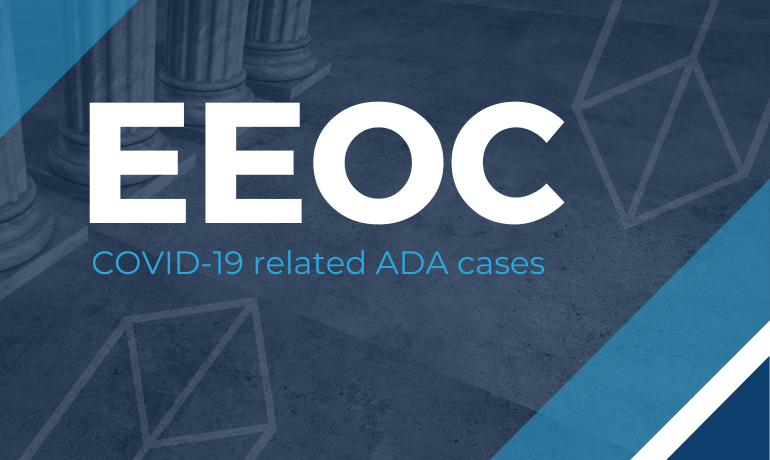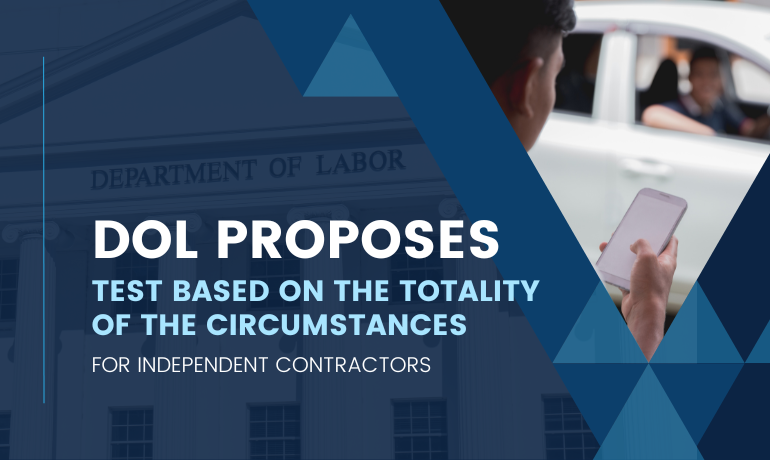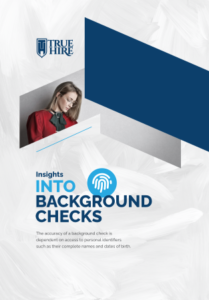The EEOC rarely files lawsuits due to its own administrative budget. Consequently, employers can gain a sense of how the virus is changing legal landscapes by studying the cases that the agency chose to take on in the past year.
Case 1: A worker claiming to have been harassed when asked to wear a mask
On Sept. 24, 2021, the EEOC filed suit against U.S. Drug Mart, a Texas-based pharmacy (EEOC v. U.S. Drug Mart Inc., No. 3:21-cv-00232 (Sept. 24, 2021)). It is alleged that the pharmacy harassed an employee with asthma and denied his accommodation request to wear a face mask at work, in violation of the Americans with Disabilities Act. It was detailed in the EEOC complaint that management told the employee it was not allowing employees to wear face masks because it might make the employee appear sick to customers.
In March, the 8th U.S. Circuit Court of Appeals ruled that an Iowa public school mask mandate ban violated federal disability law, increasing the risk of injury to students with disabilities. Upholding mandates that require those without disabilities to wear masks to protect others with disabilities. The company disputed some facts in its response to the EEOC’s complaint. It filed a motion for summary judgment, but it is still awaiting a ruling.
Case 2: Coffee shop allegedly refused to accommodate less face-to-face interaction
The EEOC charged 151 Coffee, a coffee shop located in North Richland Hills, with discriminating against two baristas who requested minimal contact with customers upon their return to work in May 2020 (EEOC v. 151 Coffee, LLC, No. 4:21-cv-01081 (N.D. Texas, Sept. 24, 2021)).
Each worker requested minimal customer contact as a reasonable accommodation on account of multiple sclerosis or pulmonary valve stenosis, and was told they could not return to work until COVID-19 vaccine was available. According to the EEOC, 151 Coffee failed to offer or discuss alternative accommodations in both cases.
EEOC charges against Coffee 151 were settled in May when the company agreed to pay $70,000 and comply with a two-year consent decree. The EEOC focused on what it perceived to be the coffee shop’s poor procedures, rather than what face-to-face contact serves for a barista. A reasonable accommodation request requires an interactive process regardless of the situation.
Case 3: Two days per week of working from home was denied to a worker
The EEOC filed suit against ISS Facility Services, Inc., a Denmark-based facility management services company, for not allowing a worker with a disability at a Covington, Georgia, facility to work remotely two days per week (EEOC v. ISS Facility Services, Inc., No. 1:21-cv-03708 (N.D. Ga. Sept. 7, 2021)).
The EEOC reports that employees worked remotely four days a week from March to June 2020, when the facility reopened. It was then requested that the worker be permitted to work two days remotely per week in addition to frequent breaks when working on-site.
The case illustrates the difficulty of denying reasonable accommodations based upon the employee [working] remotely for any period of time and not being able to perform all essential job functions. A key point raised by the ISS case is that employers should consider whether remote working is an effective accommodation, and if regular and predictable physical attendance is required for the role.
It is likely that vaccine-related lawsuits will wane in the coming year, while suits concerning employees’ right to remote work will probably increase.




